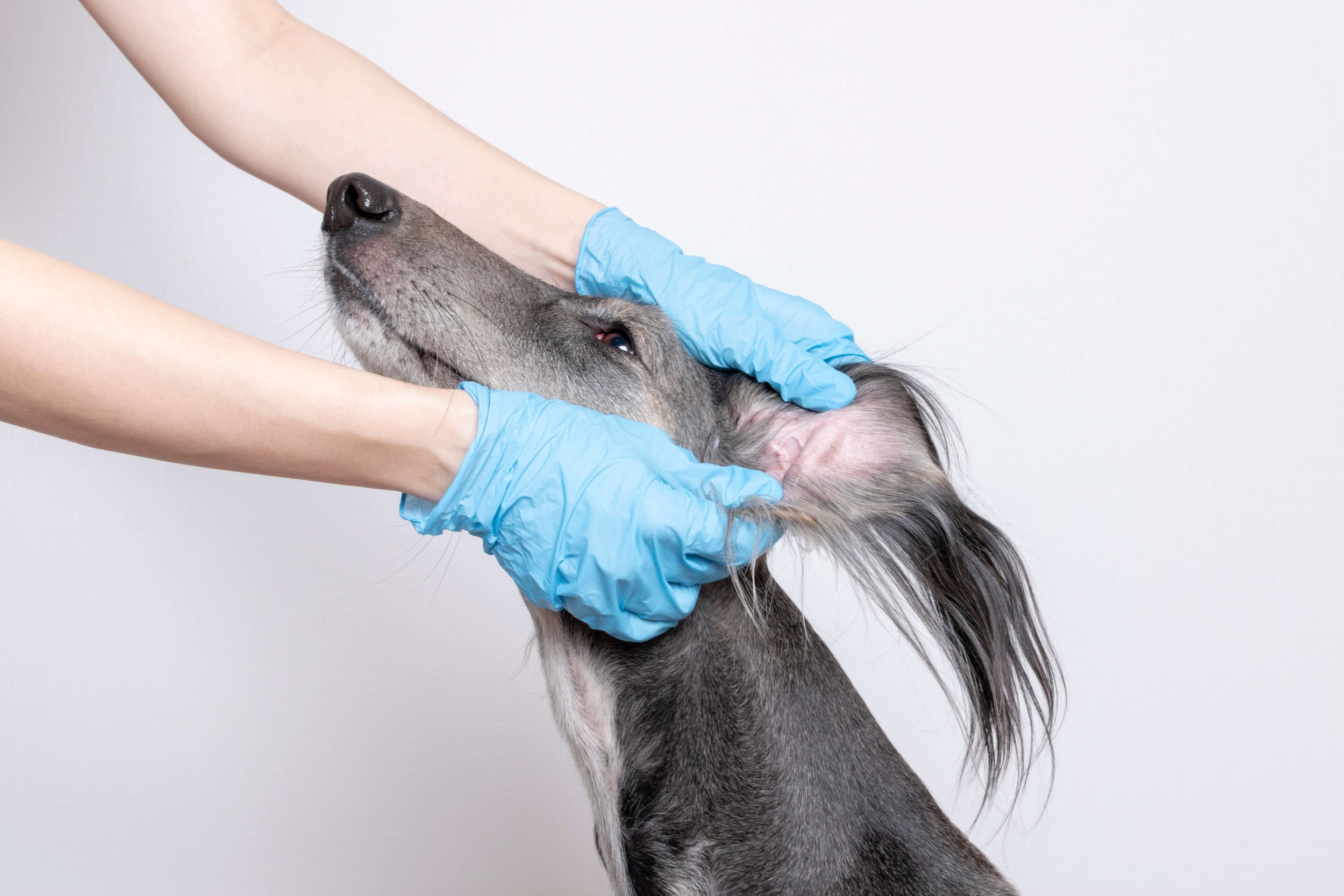IMPORTED DOGS
Have you adopted a dog from overseas?
Find out how to keep your new pet and your family healthy
With more dogs being adopted from overseas, the team at Real Vets Ltd have decided to put together this information to help our clients stay informed on the options available to keep their new pets healthy.
There are a number of diseases found in Europe that we don’t get in the United Kingdom. With more dogs being imported from Europe we are starting to see more of these diseases. As well as educating our clients about these conditions, we as vets and veterinary nurses are having to learn about these conditions too to offer the best care to our imported patients.
We can screen for a number of what we call “exotic” diseases. Unfortunately, a lot of rescue organisations don’t screen for these diseases in advance. For those who have been tested there can be an incubation period before these diseases show up on a test so it is advisable to repeat these tests after a certain period (eg. Brucellosis 3 months & heartworm 6 months after arrival).
TESTING
We would recommend testing your dog for the following diseases
Brucellosis
Leishmania
Heartworm
Ehrlichia canis
Anaplasma
Hepatazoon canis
Babesia
The above tests involve taking a blood sample from your pet and sending it away to the laboratory. In a lot of cases pets may not be showing clinical signs. It is still advisable to test on arrival to allow for early diagnosis and treatment to keep your pet happy and healthy.
https://cvbd.elanco.com/cvbd-maps This website is a helpful tool if you would like to check which diseases are present in the country your rescue came from.
DISEASES
Can any of these diseases be passed on to my family?
Yes, Brucellosis is what we call zoonotic meaning it is potentially contagious to people. You may have heard of it as it has been in the news recently after a woman in England and her five dogs contracted it after fostering a rescue dog from Belarus.
Brucellosis is found in many Central and Eastern European countries. It causes reproductive problems in dogs. It can be passed to people via secretions, usually reproductive fluids eg. discharges from reproductive organs or birthing fluids.
The people most at risk of contracting Brucellosis are immunocompromised people, children, pregnant women and breeders. Although the chance of contracting Brucellosis from a dog not displaying clinical signs is fairly slim we would definitely advise testing as the consequences of infection can be potentially serious. As for the other diseases mentioned, testing involves taking a blood sample. Pets should be tested on arrival (if they weren’t tested prior to travel) and then again 3 months after.
IMPORTED DOGS
Before you visit us
For the safety of our staff members, we require that all dogs coming from areas where Brucellosis is considered widespread are tested before we can see them, even if they have already been tested.
If you have an imported dog please contact us as testing is based on import region. We would encourage any owners of imported dogs to have a chat with one of our veterinarians about the options available to them.




